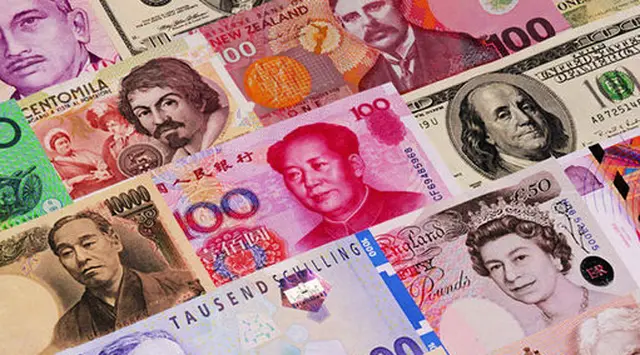The international community should adopt decisive and consistent measures to address the fragile economic recovery, top political and business leaders agreed at an economic forum here.
"The times call for decisive action," Russian President Vladimir Putin told the plenary session of the 17th Saint Petersburg International Economic Forum (SPIEF) on Friday.
Putin said there were "no simple solutions or magic wand" to change things overnight.
"What is needed from us now are discipline, the best choice of priorities and the right balance between working towards long-term goals and addressing current and sometimes urgent tasks," he said.
The president said economic growth must be based on the three pillars of increasing labor productivity, investment and innovation.
To that end, all sides concerned were bound to bring down financial, management and infrastructure costs as well as develop human capital, he said.
Chinese Vice Premier Zhang Gaoli, in his keynote speech at the session, urged the world's economies to strengthen coordination to prevent a global overflow of liquidity and oppose all forms of protectionism.
Countries "should improve coordination of their national macro-economic policies ... undertake more effective measures in a constructive, open and cooperative way to avoid a global overflow of liquidity and inflation for the sake of the stability of the international financial system," Zhang said.
On the reform of global economic governance, Zhang said the role of the Group of 20 (G20) should be strengthened and the voice of emerging markets and developing countries should be raised.
"Emerging markets and developing countries should enjoy more representation and a bigger voice in international financial institutions," the Chinese vice premier said.
Angel Gurria, Secretary General of the Organization for Economic Cooperation and Development (OECD), said in an interview with Bloomberg "no single country, including the United States, holds the fate of world economy" while insisting "some are more important than others."
Describing China's growth as "quite sustainable," Gurria said the Asian country could "really act and react with the financial systems very fast."
But he cautioned: "We can't be all on the back of China or on the shoulders of China in order to recover the growth. We have got to do our own thing."
Participants also exchanged ideas on tackling global corruption and bringing transparency to markets.
Georg Kell, executive director of the United Nations Global Compact, said in a panel discussion "competition and business success must be based on predictability and low transaction costs."
Another expert, Boris Titov, Russian Presidential Commissioner for Entrepreneurs' Rights, said he believed, "by creating a strong class of owners in the country, corruption will disappear on its own."
SPIEF has been held annually since 1997. This year, more than 5,000 finance specialists, banking industry giants and top level politicians from more than 70 countries participated in the three-day forum starting Thursday.
 简体中文
简体中文

